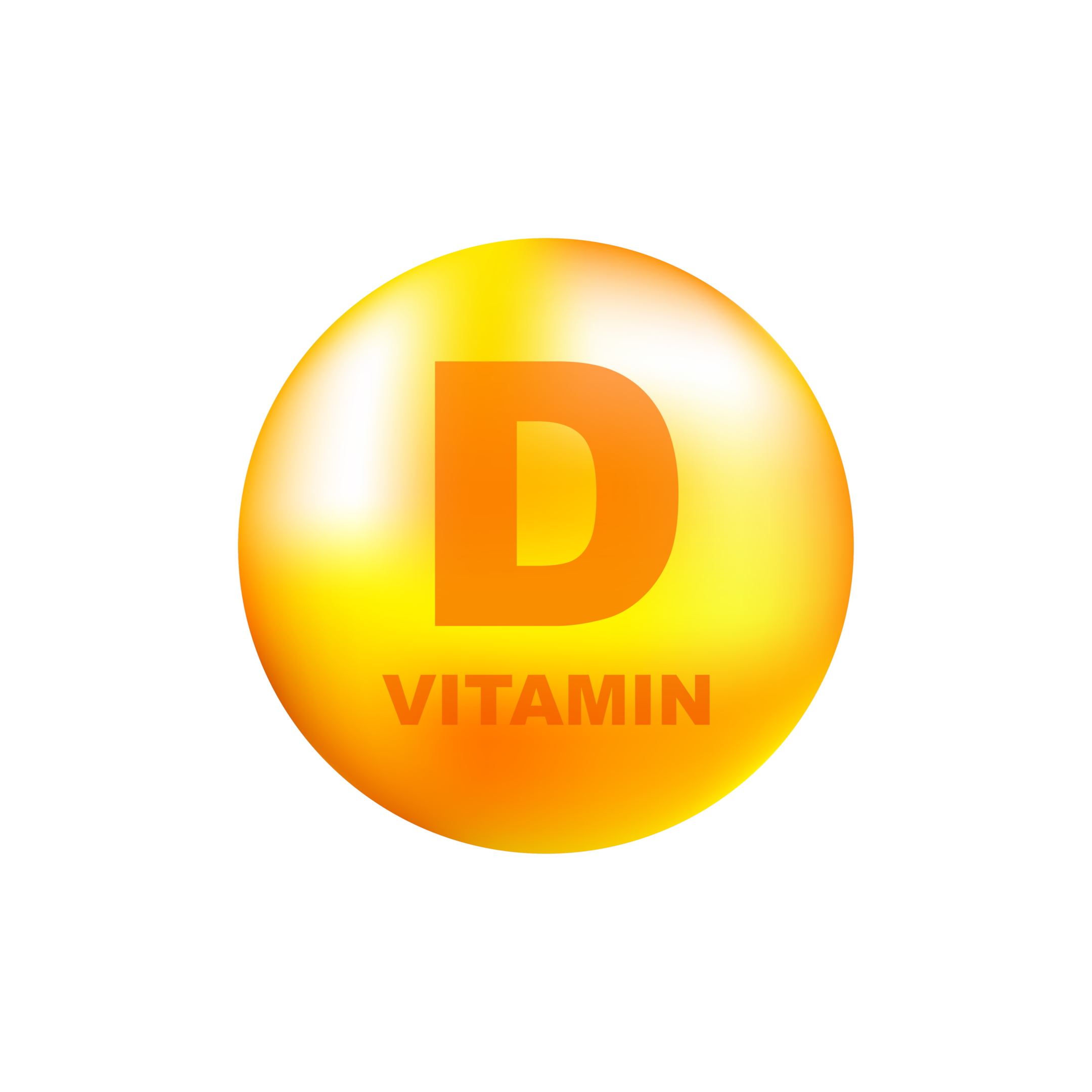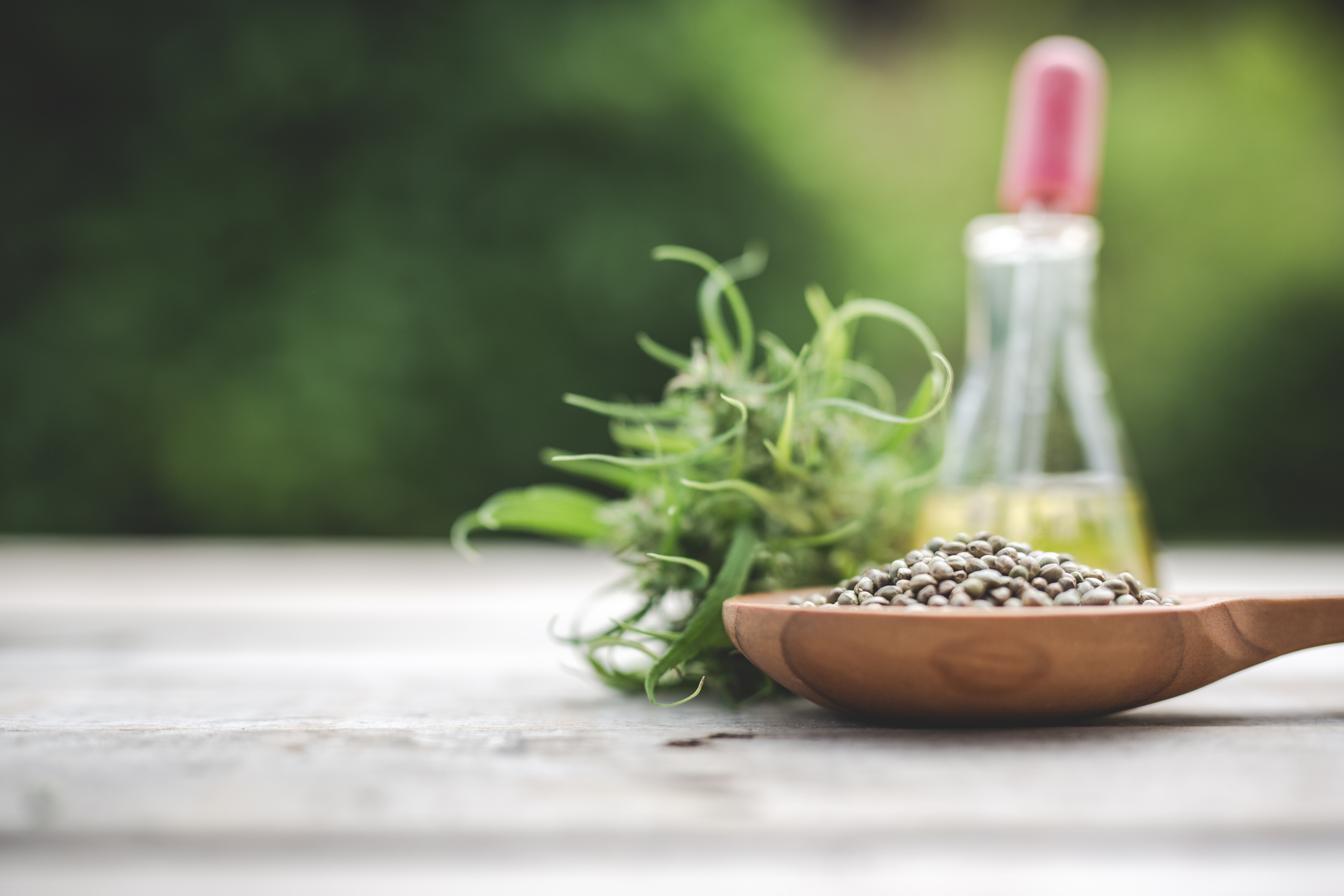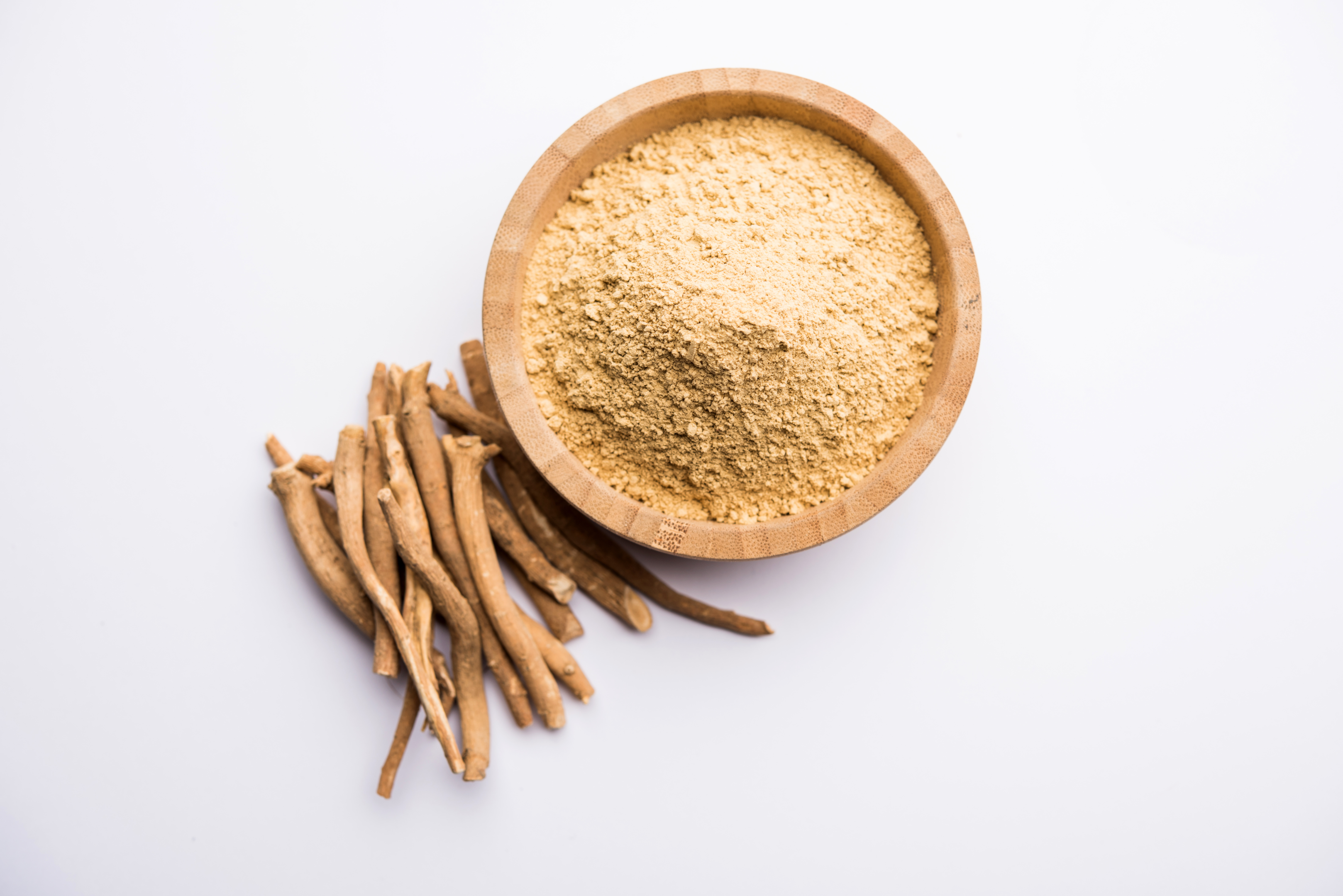What are the best testosterone supplements, and do they work?


Understand how to boost testosterone levels using supplements.

Testosterone is predominately a male hormone, although it is produced in both genders. It is produced in tests in men and ovaries, adrenal glands, and various peripheral tissues in women. It is measured as total testosterone and free testosterone.
The average testosterone levels in women and men are 20-75 ng/dL and 300-1200 ng/ dL, respectively.
It is a steroid hormone, and healthy testosterone levels are crucial for your overall health. It is involved in the following essential body functions;
Sperm production
Production of red blood cells
Storage and distribution of body fat
Bone strength and bone mass
Muscle growth

Its levels begin to fall naturally with the advancing age. However, lower levels can also be experienced at any age. You can hardly afford to lose normal testosterone levels. Low levels are responsible for;
Decreased libido
Low energy levels (leading to sluggishness)
Reduced sperm count
Erectile dysfunction
Decreased fertility
Sleep disturbances etc.
So, you can ill afford to have low testosterone levels.
First, you need a testosterone blood test to determine if the symptoms are due to low testosterone or some other issue. If low testosterone is confirmed, you can use the appropriate dietary supplements to restore its levels. We have testosterone testing kits for you at Welzo. Click here to order.
Various testosterone-boosting supplements are available in the market and sold with high claims. But do they work? Let me explain some natural testosterone boosters to you and check if science supports their claims or not.
Note: Instead of focusing on the brand names, I've mentioned the natural ingredients in the boosters. You can choose a suitable brand after consulting with your healthcare provider.
It is a fat-soluble vitamin. It is produced naturally inside the body after being exposed to sunlight. However, if you have little exposure to sunlight, you can develop vitamin D deficiency leading to low testosterone levels.

Does it work?
Several types of research have found an association between low vitamin D levels and testosterone levels. For example, a study published in The Journal of Spinal Cord Medicine in 2016 found that lower levels of 25-hydroxyvitamin D were associated with lower levels of free and total testosterone.
Another study published in the Hormones and Metabolic Research found that daily supplementation with 3,332 IU of vitamin D increased the total testosterone levels from 10.7 ± 3.9 nmol/l to 13.4 ± 4.7 nmol/l.
So, if you have symptoms of low testosterone, you can do the following;
Increase your exposure to the sunlight
Use vitamin D-rich foods, e.g., salmon, dairy products, etc.
Take supplements after consulting the nutritionist and general physician.
The research has provided various daily requirements for vitamin D. The most common range is 400-2000 IU per day. The adults should receive towards the higher side of the range while the youngsters and babies are towards the lower end.
Moreover, the supplements containing D3 are more effective in restoring serum D levels.
We have vitamin D tablets that provide 2000 IU of D3/ tablet. Click here to place the order.
It is a herbal testosterone booster. It is a plant that is a member of the Fabaceae family. Various pieces of research have supported the claim that this herb improves testosterone levels in both genders.
It works. A 2020 review published in the Phytotherapy Research found that fenugreek supplementation significantly increased free and total testosterone levels.

The supplements containing organic fenugreek are also available in the market that offers minimum side effects being free of allergens, e.g., gluten, egg contents, tree nuts, etc.
This herbal product is used to treat hair loss and urinary tract infections, e.g., benign prostatic hyperplasia (BPH).
This testosterone supplement blocks an enzyme called 5 Alpha reductase (5-AR). This enzyme converts the testosterone into DHT, thus lowering its level. The DHT also causes miniaturization of hair follicles leading to hair loss. So, you have two prey with one bullet, i.e., better testosterone levels and control of male pattern hair loss.
It works, and scientific investigations have found it is among the best natural testosterone supplements. A recent study published in The Journal of Medicinal Food found that the saw palmetto supplemented testosterone synthesis. It also blocks the conversion of testosterone into dihydrotestosterone (DHT).
Thus a low DHT and high testosterone will also be helpful in hair loss.
This hormone is the precursor of steroid hormones, including testosterone. It is prepared naturally in the body by the adrenal gland. Its supplementation can improve testosterone levels in both genders.
It does work to restore testosterone levels. Research published in the European Journal of Applied Physiology in 2013 found that the daily supplementation of 50mg of DHAE significantly increased free testosterone in middle-aged men.
However, the results of some researches are mixed, and you are not supposed to use it without consulting the nutritionist and physician.
This herb (also known as Indian ginseng) is commonly used in Ayurvedic medicine. Ayurvedic medicine primarily uses it as an adaptogen, i.e., it helps to manage anxiety and stress.
It can boost testosterone levels, but the exact mechanism is still uncertain. One proposed mechanism is that it reduces cortisol levels, as cortisol is well known to impact testosterone levels negatively.

A recent study published in the American Journal of Men's Health found that the daily use of a standardized Ashwagandha extract (which provides 21 mg of withanolide glycosides, the active ingredient) produced a 14.7% increase in testosterone levels.
Zinc is involved in hundreds of chemical reactions in the body. Several studies have found that adding more zinc to your diet can boost testosterone levels.
A 2017 research study published in the Asian Journal of Andrology has confirmed the usefulness of zinc supplementation on testosterone levels and spermatogenesis.
It is a ubiquitous spice in every household and is used in various ethnomedicines for various purposes. It reduces cholesterol levels, and multiple studies have found that it also boosts testosterone levels.
A 2015 study published in the Toxicology Reports found that including ginger and turmeric in the diet improved sexual function, including testosterone levels in rats.
Although more studies may be required to check its long-term benefits, it is not associated with any severe side effects and is entirely safe for you.
Testosterone supplements are recommended to boost the testosterone levels that fall due to various reasons, e.g., advanced age, nutritional deficiencies, infections, etc. However, it would be wise to take a testosterone test to measure its levels and check if you have a defect or the symptoms are due to some other issue.

You can use any testosterone booster supplements after consulting the health experts; however, if they don't work, testosterone therapy should be done to balance hormone levels.
At Welzo, we provide a testosterone testing kit that can help you measure your testosterone levels easily. Click here to avail. If you are looking for technical information and advice, click here to visit our page and get professional advice.










Plus get the inside scoop on our latest content and updates in our monthly newsletter.